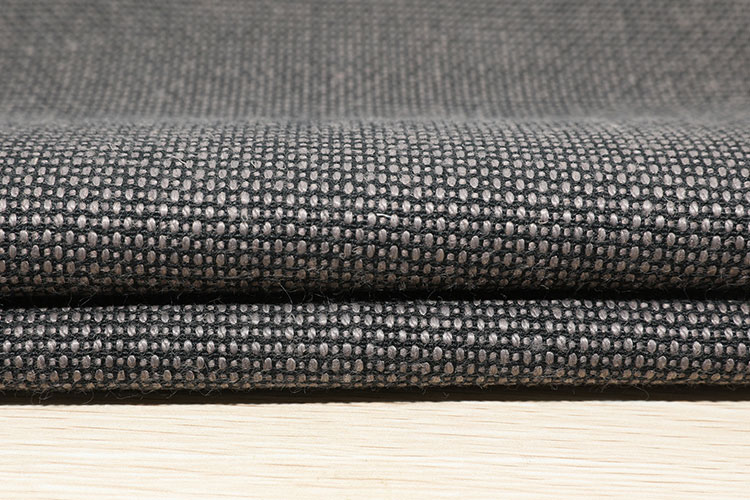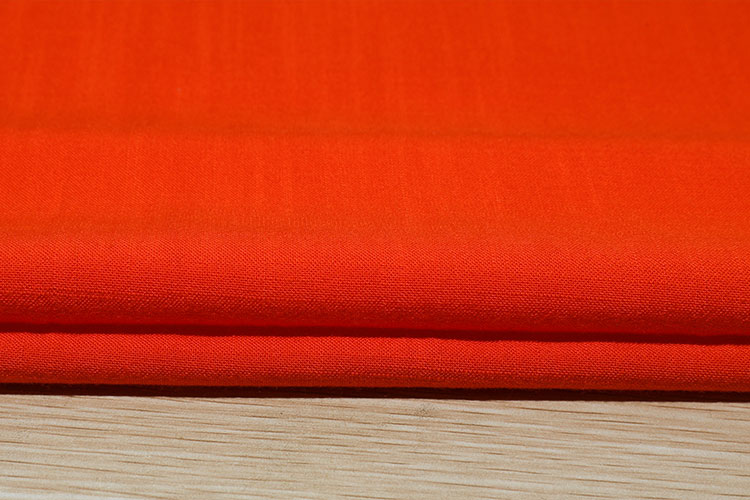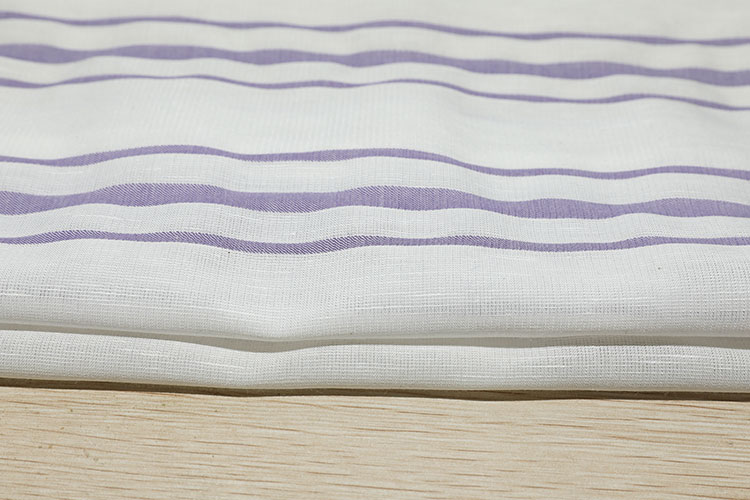In recent years, there has been a growing interest in sustainable and eco-friendly textiles. One such fabric that has gained attention is hemp viscose yarn-dyed fabric. Hemp, a versatile and durable natural fiber, has been used for centuries in various applications. When combined with the viscose process and yarn-dyed techniques, it creates a fabric that is not only environmentally friendly but also aesthetically appealing. This article delves into the unique properties, benefits, and applications of hemp viscose yarn-dyed fabric.

Understanding Hemp Viscose Yarn-dyed Fabric:
Hemp viscose yarn-dyed fabric is a textile made by blending hemp fibers with viscose fibers and then subjecting them to the yarn-dyeing process. Hemp fibers are derived from the stems of the cannabis sativa plant, which is known for its sustainability and low environmental impact. Viscose fibers, on the other hand, are made from regenerated cellulose derived from wood pulp or other plant sources. The yarn-dyeing process involves dyeing the individual yarns before weaving, resulting in vibrant and colorfast patterns.
Unique Properties and Benefits:
Sustainability: Hemp is a highly sustainable crop that requires minimal water, pesticides, and fertilizers. Its cultivation helps replenish soil nutrients and reduces the carbon footprint. The viscose used in the fabric is derived from renewable plant sources, further enhancing its eco-friendly profile.
Strength and Durability: Hemp fibers are exceptionally strong, making the fabric resistant to wear and tear. It has a longer lifespan compared to other natural fibers, reducing the need for frequent replacements. The addition of viscose fibers enhances the fabric's softness and drape, providing comfort while retaining the hemp's inherent strength.
Breathability and Moisture Absorption: Hemp viscose yarn-dyed fabric offers excellent breathability, allowing air to circulate freely. It absorbs moisture efficiently, keeping the wearer cool and dry. This property makes it an excellent choice for warm climates or active wear.
Hypoallergenic and Antibacterial: Hemp viscose yarn-dyed fabric is naturally hypoallergenic and resistant to mold and mildew. It possesses antibacterial properties, which helps to prevent odor-causing bacteria and maintain freshness.
Applications:
The versatility of hemp viscose yarn-dyed fabric opens up various possibilities for its application, including:
Apparel: The fabric's softness, breathability, and durability make it suitable for a wide range of clothing items, such as shirts, dresses, skirts, and trousers. The yarn-dyed patterns add visual interest and create unique designs.
Home Textiles: Hemp viscose yarn-dyed fabric can be used in the creation of bed linens, upholstery, curtains, and decorative items. Its natural properties contribute to a comfortable and healthy living environment.
Accessories: The fabric's strength and durability make it ideal for accessories like bags, hats, scarves, and ties. The yarn-dyed patterns can add a touch of elegance and individuality to these items.
Eco-friendly Products: As a sustainable textile, hemp viscose yarn-dyed fabric can be used in the production of eco-friendly products like reusable shopping bags, towels, and napkins, reducing the reliance on single-use alternatives.
Hemp viscose yarn-dyed fabric represents a remarkable combination of sustainability, strength, and aesthetic appeal. By utilizing the natural properties of hemp fibers and the colorfastness of the yarn-dyeing process, this fabric offers a range of applications in the fashion and home textile industries.


 English
English Chinese
Chinese




 +86-573-81880066
+86-573-81880066 +86-13666752302
+86-13666752302 enbo_dong@126.com
enbo_dong@126.com